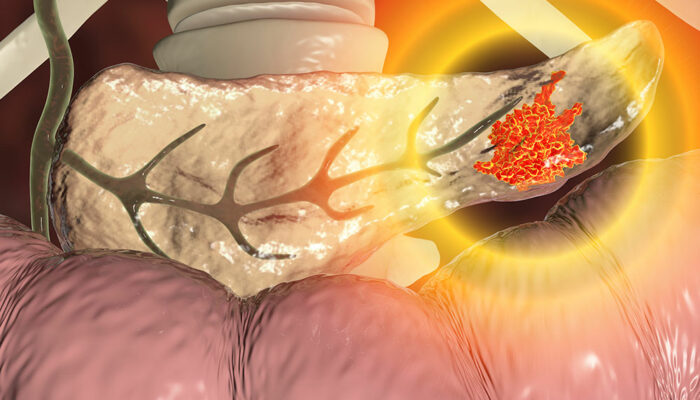
4 Signs Of Narcolepsy And What Causes It
Narcolepsy is a sleep disorder that affects your brain’s ability to keep you awake or falling asleep, causing significant daytime sleepiness. However, this disorder responds very well to treatments and medication, such as Sunosi. You can buy Sunosi online, but like any medication, it’s important to do your research and look at Sunosi side effects—talk to your doctor if you have any concerns. Here are 4 signs of narcolepsy:
1. Excessive daytime sleepiness
This is the symptom that every individual with narcolepsy will experience. With daytime sleepiness (sometimes referred to as ‘sleep attacks’), you may find yourself always feeling sleepy regardless of how much sleep you get at night, falling asleep without warning, and it may be challenging to stay awake for long periods at a time. This symptom can make it hard to focus and function throughout the day and make every day activities like driving very dangerous.
2. Sleep paralysis
While you sleep, it is normal for your body to shut down muscle control, but with narcolepsy you may find it lasting till after you wake up. This is known as sleep paralysis, which can be a very scary feeling. It occurs when you wake up from sleep and are unable to move your body or speak at all. Not every individual with narcolepsy experiences this symptom, but it typically is a very brief episode ranging from a few seconds to a few minutes.
3. Cataplexy
Cataplexy typically occurs in type 1 narcolepsy. It involves sudden muscle weakness and typically has mild effects, such as only occurring on one side of the body or just your face and neck. This happens as, with narcolepsy, your body may randomly shut down muscle control as if you were asleep. Cataplexy is unusual as it is often triggered by different emotions and actions, like laughing or being surprised.
4. Hallucinations before or after sleep
Hallucinations may occur right before falling asleep or right after waking up—often, they occur during sleep paralysis. You might hallucinate that a stranger is in your bedroom, making sleep paralysis even scarier as you cannot move or speak. These hallucinations can be vivid and extremely frightening.
The cause of narcolepsy varies based on the type you have; however, they all link back to the part of the brain responsible for regulating sleep, the hypothalamus. In type 1, the cause has been found to be due to low levels of orexin, the chemical molecule that your neurons use to help you stay awake. In type 2, the cause is not fully understood yet, but it is similar to type 1 and is believed to be a severe loss of neurons that use orexin in the hypothalamus. In secondary narcolepsy, although rare, it occurs as a result of damage to the hypothalamus from events like stroke, concussion, and more.



